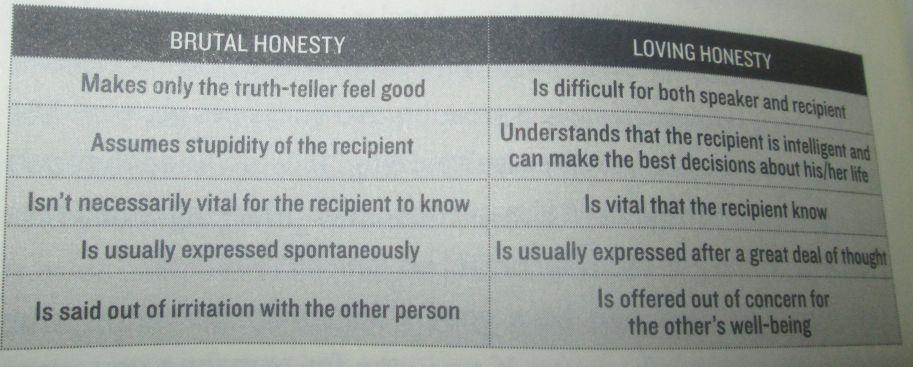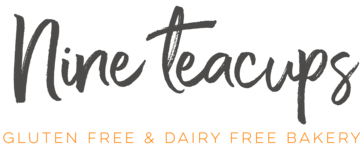Brutal Honesty. Imagine a world where you could ask permission for being rude in a socially acceptable way….Well, imagine no more because here it is; the licence to be mean in a social setting without having to be constructive and without someone trying to school you on your social skills.
Brutal honesty is a strange concept, and an even stranger social contract:
- it only tends to happen in 1-on-1 conversations.
- It is never used to pay a compliment, unless people are reflecting on how weird brutal honesty is.
- For some reason, it garners respect (we’ll dig into that later).
- When someone you are speaking with asks for permission to be brutally honest with you, it tends to be used to respond to an idea or to make an (often ill-informed) observation about who you are or how you behave.
- Even if the brutal honesty is painful, questioning it will only lead the person who was brutally honest to respond with, “I was just being honest” or “why would you ask for my opinion if you didn’t want to hear it”.
Brutal honesty is a passive aggressive social skill, at best. Mentors who mentor people so they can feel good about themselves often use brutal honesty as a way of shutting a mentee down, sometimes people enjoy the brutality more than the honesty.
But isn’t it helpful sometimes?
Some people have argued that brutal honesty is most effective when used with yourself; but what about cases of internalised discrimination? what about in case of chronic illness when the patient overestimates their ability, only to suffer for actions that they take as a result of their newfound brutal honesty? and what about the impact of our self-concept as a result of abusive relationships? Self-reflection is super important, but it’s not always that simple.
Neither is brutal honesty. That’s because honesty isn’t governed by clear cut social rules, in fact, social skills place total honesty below courtesy; Even though we raise children to be honest, as adults we have to tow the line between politeness and honesty. With the more nefarious among us creating elaborate dances out of the assumed social contract.
Some adults would rather lie than be honest, honesty isn’t always comfortable. Sometimes we have to deal with people that we don’t connect with, or that we might just not like. Some people would rather curl up into a ball than make someone else uncomfortable, some people would rather stand in awkward silence than lie, some people don’t like lying but recognise that, in some cases, lying is a necessity and they will wait for someone else to lie for them. Some people might have learned that it is safer to lie than tell the truth, or that it is safer to tell people whatever they want to hear, and some people might simply prefer to lie.
By it’s nature, honesty has the potential to be brutal because reality has the potential to be brutal. But honesty doesn’t have to be delivered in a way that is brutal.

So Why Does Brutal Honesty Garner Respect?
Honesty is a vulnerable position to put yourself in, by someone asking for permission to be brutally honest with you, they are also asking for permission to share something which they wouldn’t ordinarily share. By sharing it with you, it suggests that they trust and/or respect you. The more brutal, the more people assume that it must have taken a lot (confidence, observation, attention) for the speaker to say what they did.
But it often has less to do with the listener, and more to do with the speaker. Brutal honesty can sometimes be well intentioned, but if the message could have been delivered in a less brutal way, then it should be questioned.
If you would like to explore this further, get in touch to sign up to our social skills workshops. If you would like to read more of Social Skills 101, click here



